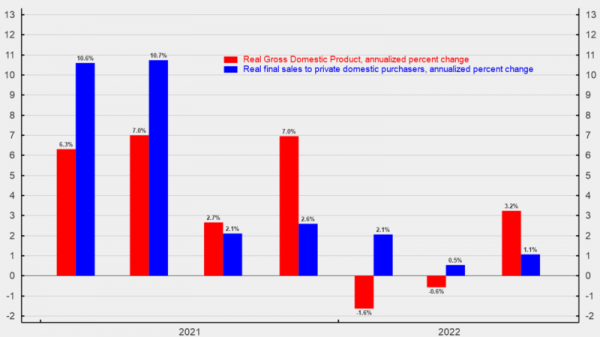
The Biden administration announced on Tuesday (October 22) that it has allotted US$428 million to accelerate clean energy manufacturing in former coal communities located across the US.
The US Department of Energy (DOE) selected 14 projects to receive funds, saying that the money will be distributed among 15 communities that have historically been dependent on coal production.
The move is part of the broader Investing in America agenda, which seeks to bolster the US economy by creating jobs, addressing energy supply chain vulnerabilities and transitioning to cleaner energy sources.
The projects, led by small and medium-sized businesses, are intended to transform regions that were once reliant on coal by supporting clean energy industries. The DOE’s Office of Manufacturing and Energy Supply Chains selected the projects to stimulate private sector investment and create over 1,900 jobs in these coal communities.
According to US Secretary of Energy Jennifer Granholm, this initiative leverages the expertise and skills of former members of the coal workforce, many of whom have powered the nation for decades.
“By leveraging the know-how and skillset of the former coal workforce, we are strengthening our national security while helping advance forward-facing technologies and revitalize communities across the nation,” she added.
Combined, these investments are geared at ensuring that the US remains competitive in the growing global market for clean energy, which is projected to reach US$23 trillion by 2030.
The projects range from retrofitting facilities to produce key components for renewable energy, such as lithium-ion batteries and high-efficiency motors, to developing low-carbon building materials from recycled industrial waste.
Several of these projects are expected to make immediate contributions to both local economies and the clean energy sector, addressing supply chain gaps and increasing US manufacturing capacity.
One example is a US$24.9 million amount awarded to Anthro Energy in Louisville, Kentucky. The company will retrofit a facility to produce advanced electrolyte for use in lithium-ion batteries, creating around 115 permanent jobs.
Another project, led by CleanFiber, will establish two separate production facilities in Chehalis, Washington, and Ennis, Texas, to produce advanced cellulose insulation from recycled cardboard. These facilities are projected to weatherize over 20,000 homes annually and provide full-time employment for 80 workers.
In Erie, Michigan, TS Conductor has received US$28.2 million to set up a factory that will produce high-voltage direct-current conductors. This facility will create more than 425 construction jobs and over 160 operational roles.
In Tennessee, Hempitecture will receive US$8.42 million to create a facility for processing industrial hemp into sustainable building materials. Other notable projects include an US$80 million award to MetOx International to develop an advanced superconductor manufacturing facility in the Southeast US, and a US$52.6 million award to Terra CO2 Holdings to build a new facility in Magna, Utah, for producing low-emission cement alternatives.
The DOE’s announcement is seen as a commitment in the US’ shift toward renewable energy, as it simultaneously focuses on decarbonizing the energy sector and revitalizing industrial communities.
The investments are also aligned with the broader goals of the Biden administration, which focus on reducing reliance on foreign energy sources and increasing national security.
Securities Disclosure: I, Giann Liguid, hold no direct investment interest in any company mentioned in this article.

























